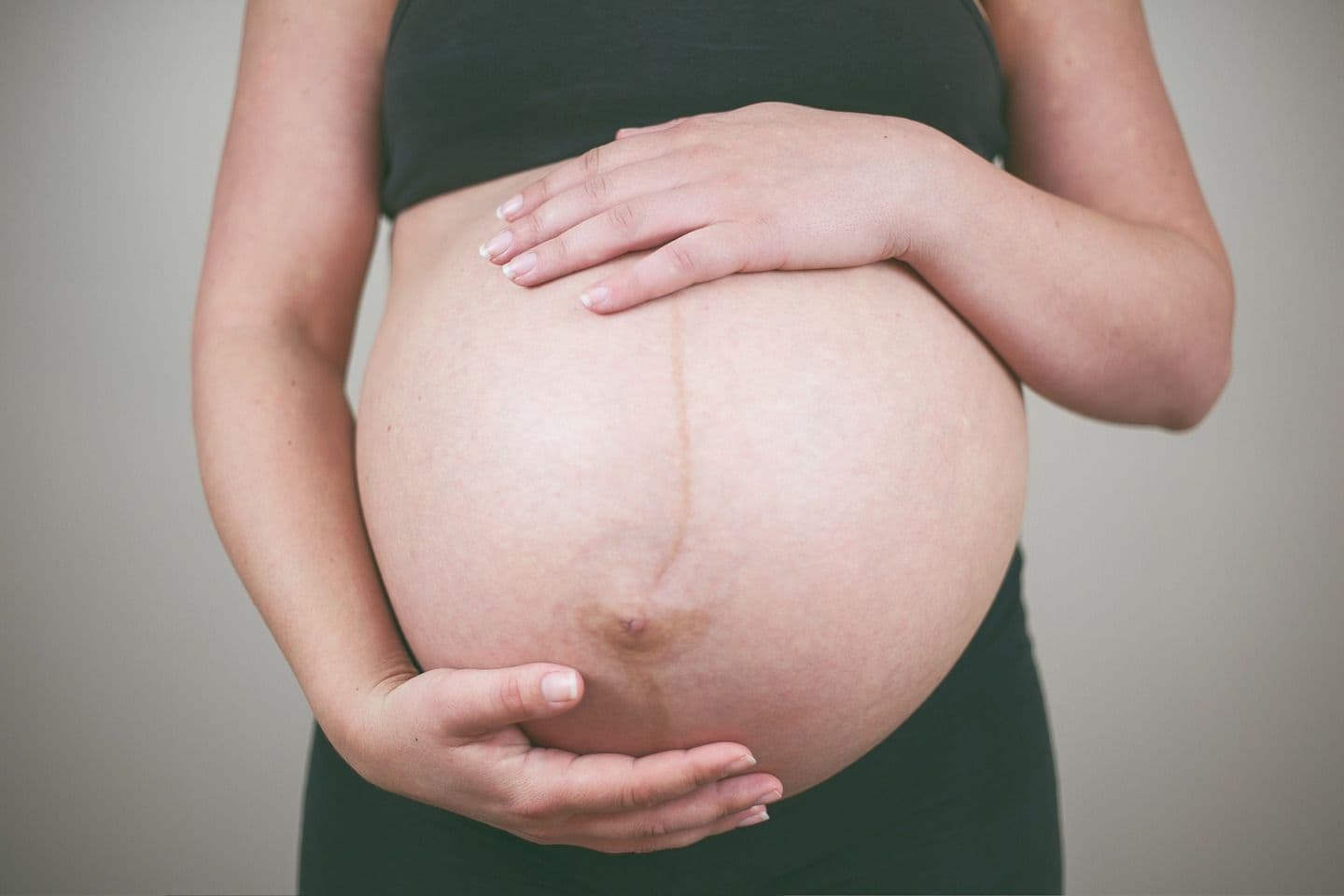A Woman's Age and High Risk Pregnancy
Complications
Obie Editorial Team

While society often uses 35 as a benchmark for "advanced maternal age," it’s essential to realize that this doesn’t mean an abrupt change occurs overnight impacting your fertility or pregnancy. The woman you are today is a culmination of many years and experiences—use this awareness to your advantage! The process of fertility and risk changes is gradual. Nevertheless, it’s wise to start focusing on proactive measures as you approach this age.
Most women over this age will indeed find joy in holding a healthy baby in their arms. Statistically, there is a gradual increase in infertility risks and potential complications, but knowledge and preparation are your allies. Studies highlight a 3% increase in infertility per year post-35, but this is no barrier to achieving your motherhood dreams.
The Statistics Over the Years
Over the decades, there's been a remarkable rise in first-time mothers over 35 in the United States. Thanks to advances in reproductive technology and changing societal norms, many women are choosing this route. At facilities like our New York hospital, a significant number of first-time mothers fall into this category.
While IVF and similar technologies have aided many, it's important to recognize the increased risk of multiple births and the associated complications such as preterm births and the necessity of cesarean sections.
The IVF Consideration
Even when IVF results in single births, a higher maternal age can still mean increased risks, particularly in chromosomal anomalies. While a 30-year-old woman faces a 10% chance of miscarriage, the probability reaches 55% by age 40.
Potential Risks and Complications
Age-related increases can lead to a higher rate of certain conditions:
- Hypertension and Preeclampsia
- Diabetes
- Kidney, heart, and liver problems
- Chromosomal anomalies
- And other pregnancy complications
Preparedness and Proactive Steps
If you're preparing for or experiencing pregnancy over 35, anticipate thorough monitoring from your healthcare provider or consider consulting a maternal-fetal medicine specialist skilled in advanced age pregnancies.
10 Tips for a Healthier Pregnancy
- Schedule a preconception check-up with your healthcare provider.
- Undergo diabetes testing if you are predisposed.
- Consider a mammogram if recommended.
- Start prenatal vitamins coupled with folic acid in advance.
- Ensure your medications are pregnancy-safe.
- Halt smoking, alcohol use, and avoid illicit drugs.
- Adopt a nutritious diet and commit to regular aerobic activities.
- Aim to maintain a healthy weight before conceiving.
- Visit your doctor promptly once pregnancy is confirmed.
- Seek genetic counseling if you'll be 35 or older at delivery.
The research is reassuring: women without underlying health issues don't necessarily face heightened risks for all pregnancy troubles. However, awareness of potential concerns allows you to spot and manage complications efficiently, ensuring you are empowered every step of the way.
Entering parenthood later in life can be an adventure filled with diverse joys and opportunities. You likely have the wisdom, stability, and resources to embrace this exciting chapter fully. Balancing career and family and managing the demands of a newborn are challenges that come with great rewards.
Read More










